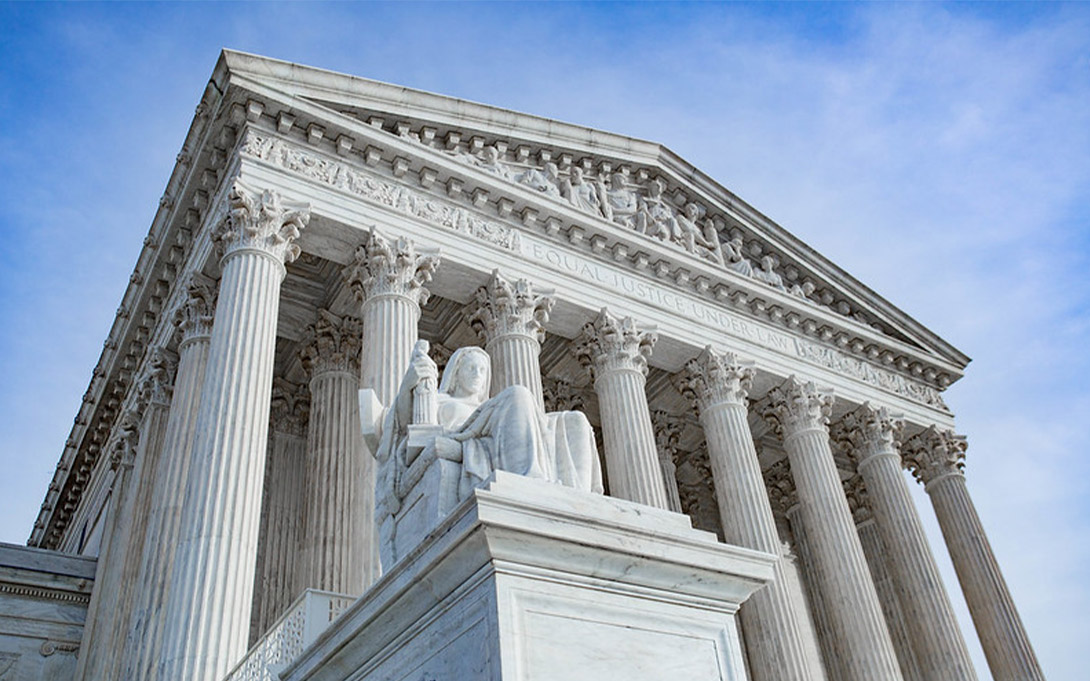
Ford School experts can discuss the historic U.S. Supreme Court ruling on affirmative action Thursday, in which the justices ruled that race cannot be a factor in college and university admissions decisions:
Katherine Michelmore, associate professor of public policy at the Ford School of Public Policy, focuses on the social safety net, education policy, labor economics and economic demography.
"Only time will tell about how a nationwide ban on race-conscious admissions will impact higher education, but there are some hints at what might be to come based on the states that already have bans in place," she said. "We know from affirmative action bans in California and Texas, for instance, that banning affirmative action can reduce the number of under-represented minorities even applying to selective colleges, suggesting that a nationwide ban might further discourage students from underrepresented backgrounds from applying to college.
"There is also evidence that affirmative action bans don't necessarily reduce college enrollment overall among students of color, but it leads to fewer students of color represented at more selective institutions. This is likely to result in lower college completion rates for those students, as more selective institutions can offer students more resources and more generous financial aid, which facilitates student success in college.
"Finally, studies show that increasing diversity is better for all students, so the extent to which this change results in fewer students of color going to college or going to selective colleges, could lead to worse outcomes for all students."
Judge Laurel Beatty Blunt, of Ohio's Tenth District Court of Appeals, is a Towsley Foundation Policymaker in Residence. At the Ford School, she has taught a graduate course that examines the Supreme Court’s place in the U.S. legal system, the processes and influences by which a case reaches the high court and its impact on policy.
"There are many outstanding questions. Should other groups such as legacies, athletes and faculty children be considered? If race is addressed in an essay, how much weight can the admissions office give that information? Will other groups use this case to challenge the consideration of race in other contexts? Certainly any executive action by President Biden will be challenged. Any admission criteria that even hints of race will be challenged.
While lawyers advance their organization’s goals, they also manage the risk. The biggest challenge out of this decision is for colleges and universities who prioritize creating a culturally competent workforce, consider research about educational disparities that still exist based on race, and contemplate the census data that shows America is becoming more diverse."
